Play Therapy
Play therapy can help children who are struggling, emotionally, behaviorally or socially.
Sometimes children face a difficult time or have worries and they might not be able to talk about it or express how they feel. As adults use words to express themselves and make sense of a situation, for children often is easier to use the language of play.
Play therapy provides a safe and confidential space for children, in which they can be themselves and use the language of play to express themselves freely, work through their problems and make sense of a situation. Within the trusting, warm and therapeutic play therapy relationship children use the play to work through their problems at their own level and at their own pace.
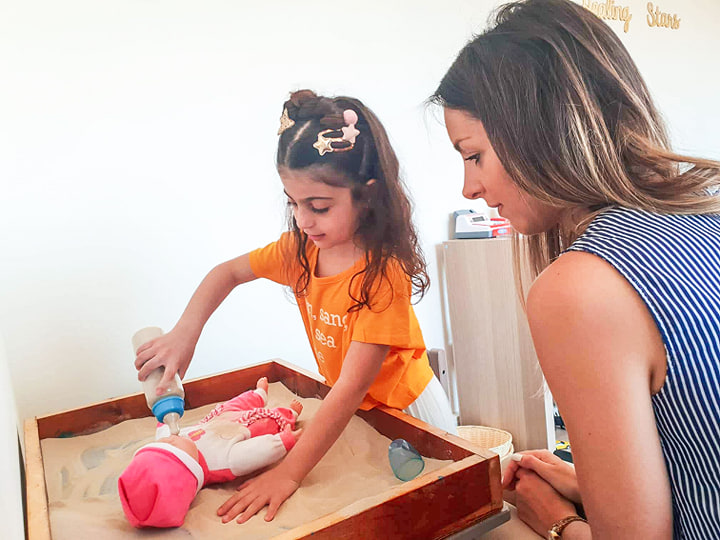
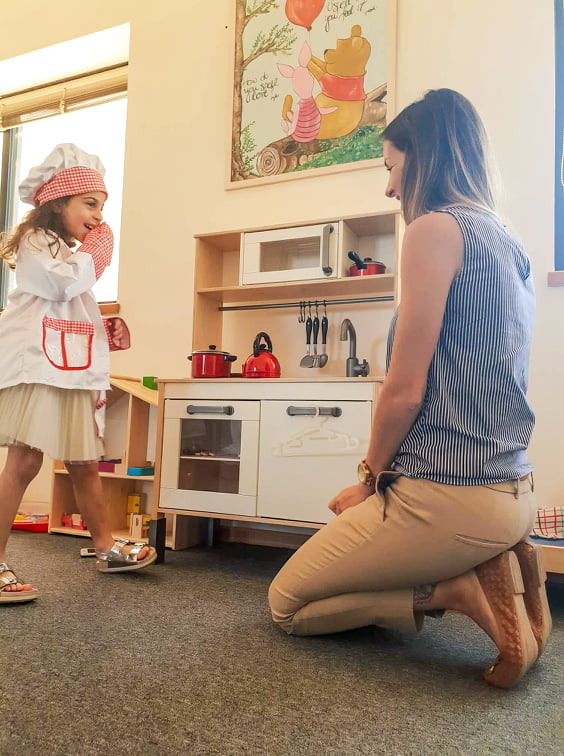
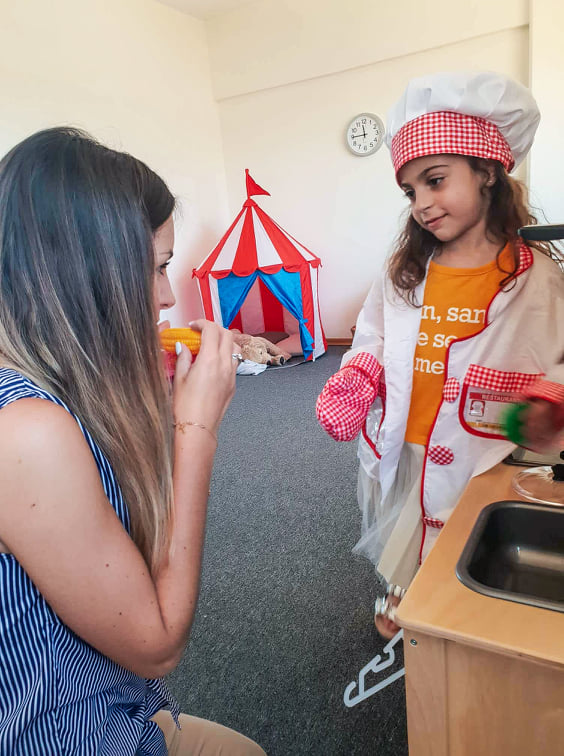
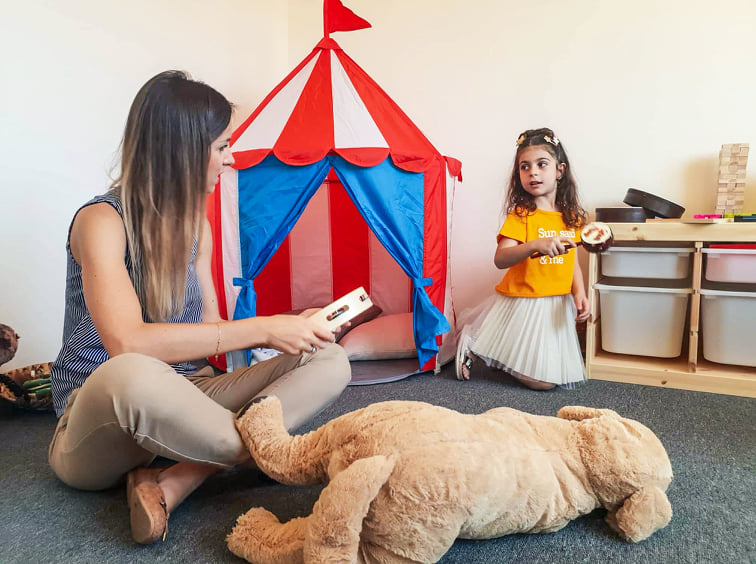
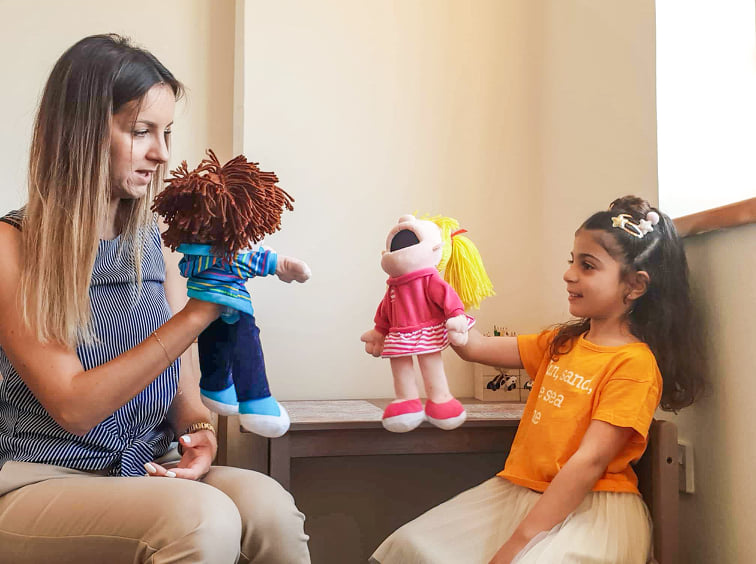
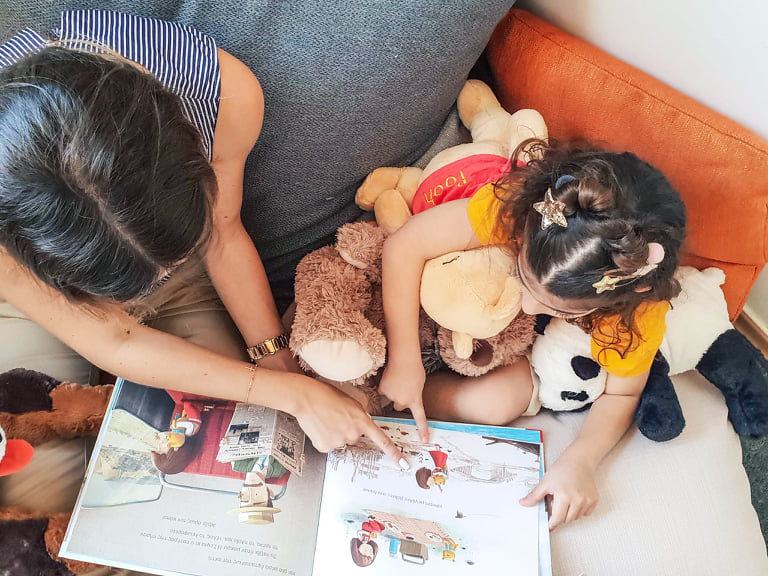
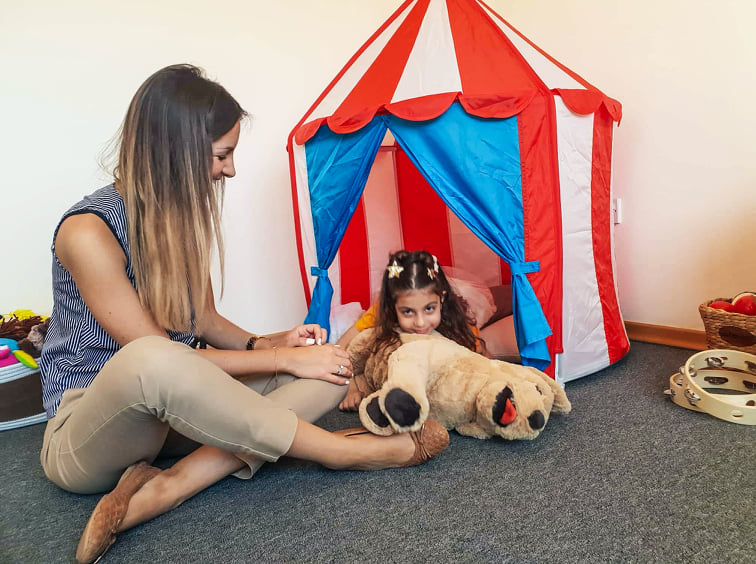
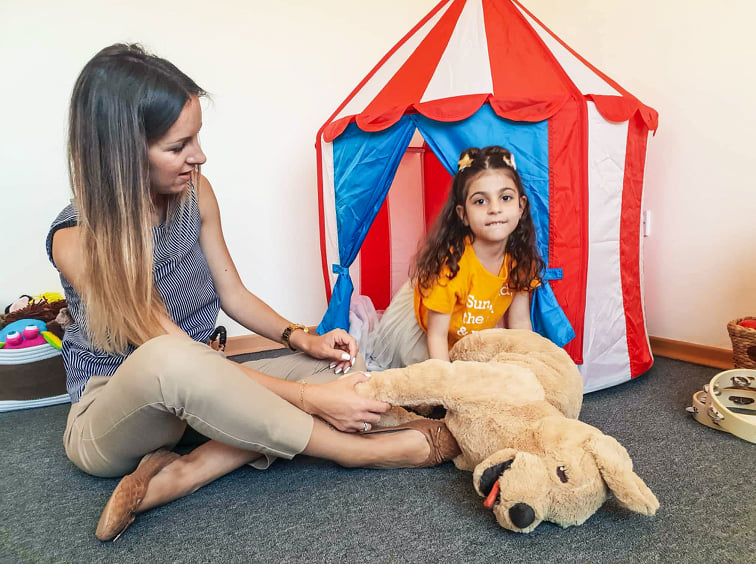
The play therapy toolkit includes puppets, music , therapeutic storytelling, art, clay, role-play, movement, sandtray and sand symbols.
Who can play therapy help?
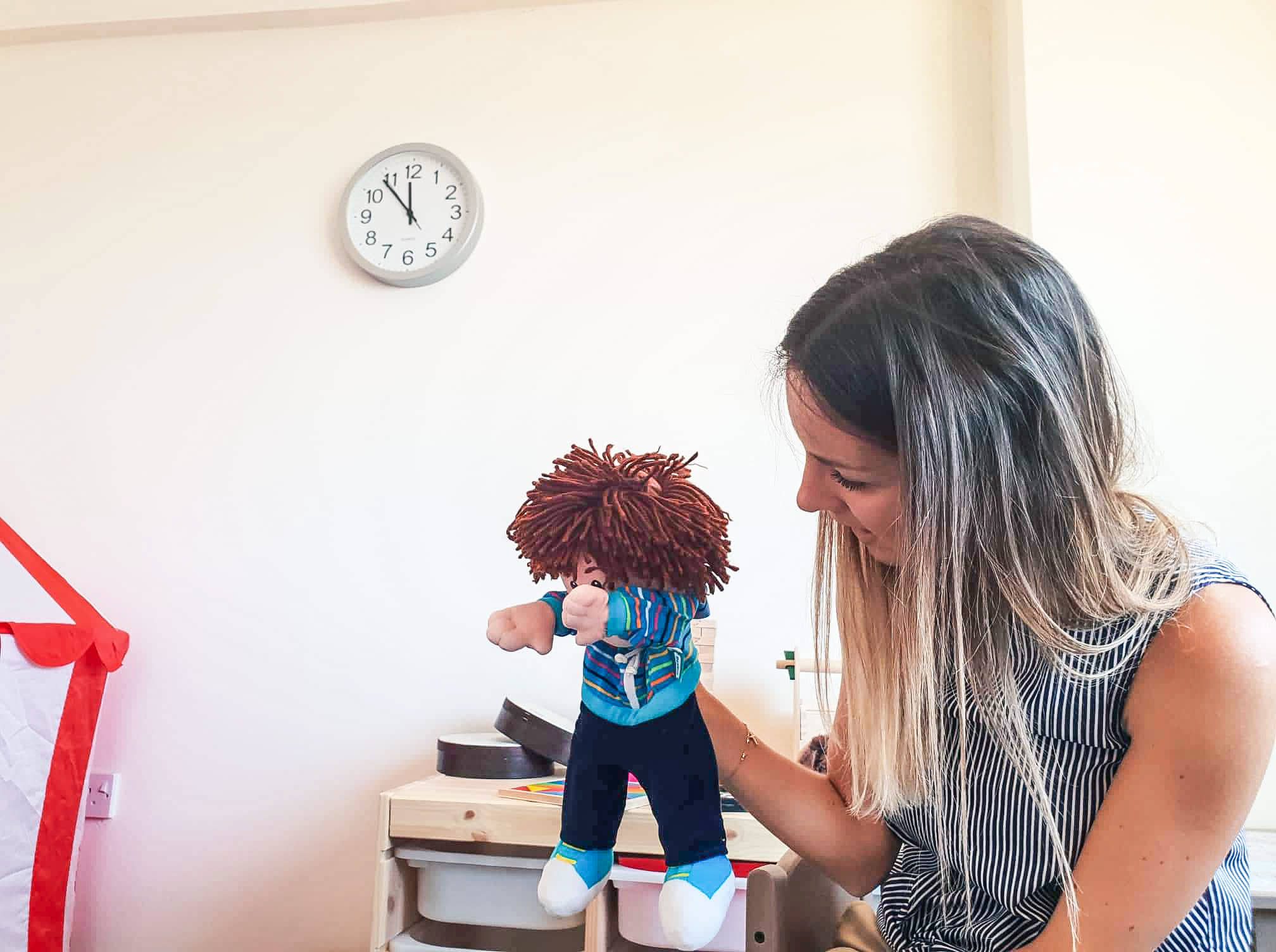
Play therapy can help children who experience a range of social or emotional difficulties such as:
- Anxiety
- Depression
- Difficulties with their social skills
- Displaying challenging behaviors
- Low self-esteem
- Difficulties with expressing their emotions
- Autism
- Children going through a difficult time such as bereavement, loss, parental/family separation, domestic violence/abuse, trauma
- Communication and behavior difficulties
Counselling for Adolescents
Counselling provides a safe and confidential space for adolescents to talk about their issues and concerns. The counsellor/therapist will help them explore their thoughts, feelings and behaviours so they can develop a better understanding of themselves and of others.
A counsellor/therapist will not give their opinions or advice or prescribe medication. They will help them to find their own solutions – whether that’s making effective changes in their life or finding ways of coping with their problems.
Being a teenager isn’t easy. There are so many changes, pressures, and emotions that can feel overwhelming at times. I believe that every young person needs a space where they can feel heard, understood, and accepted for who they are. That’s why I often use creative ways to help teens express themselves and make sense of what they’re going through. Through art, sandplay therapy, mindfulness, and other hands-on tools, I help them explore their feelings, build confidence, and find healthy ways to cope with life’s challenges. It’s all about giving them space to grow, heal, and reconnect with their strengths.
